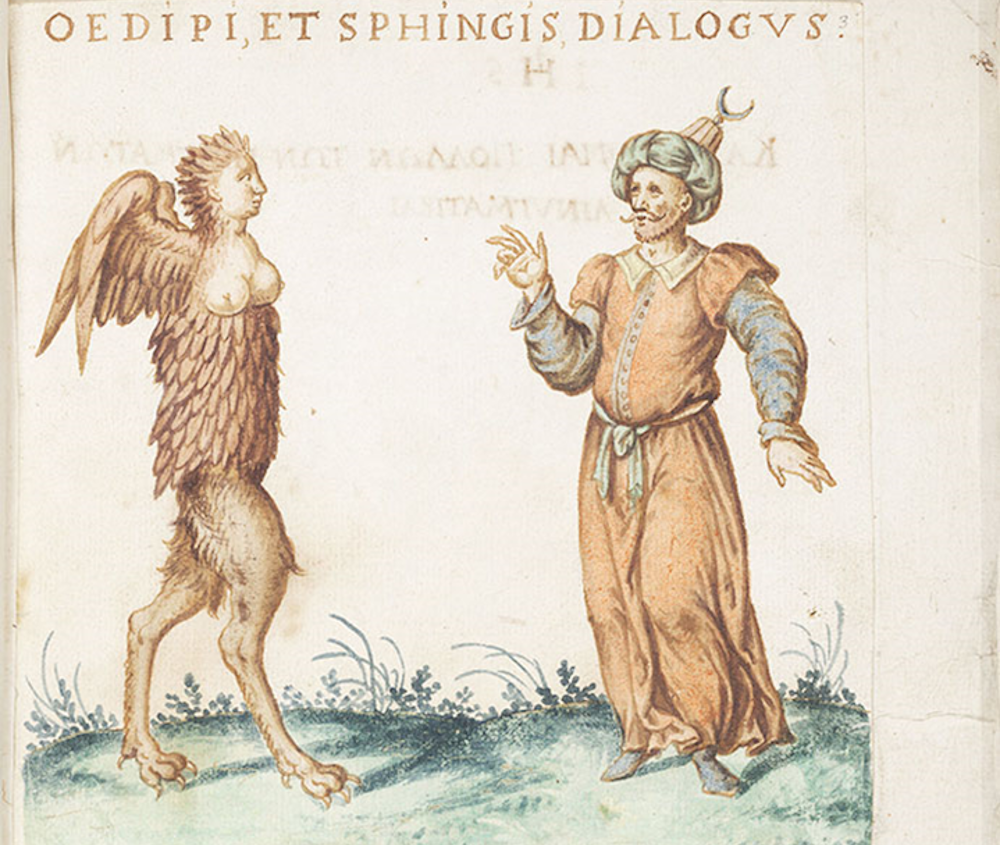Co-PIs Arja Karivieri (Stockholm), Tim Whitmarsh (Cambridge) and Elizabeth Key Fowden (Cambridge)
Greece between Europe and Asia (GEA) is a Cambridge-Stockholm Collaborative Research Grant (2020-2023) designed to bring together a core group of scholars from Cambridge and Stockholm, joined by colleagues from Greek, Turkish and other UK institutions. The grant and associated funding makes possible four small workshops where we will explore a broad diachronic interest in the Greater Aegean region from prehistory to the present day. The title is deliberately provocative in its use of ‘Europe’ and ‘Asia’, terms often used today to situate the modern Hellenic Republic, but whose usefulness across a wide historical perspective from prehistory to the present requires closer scrutiny. The concept of being ‘between’ will also be interrogated. For whom – local persons, outsiders, or both – is the notion useful? The collaboration’s framing reaches beyond the borders of the modern nation-states to reconsider the subtle entanglements of language, material culture, religion and locality across the region, viewed both by its wide spectrum of inhabitants and by outsiders.
One of the signatures of the collaboration is to bring the Ottoman period into our discussion on its own terms rather than as the time when European travellers were the dynamic actors who sparked the ‘re-discovery’ or ‘reception’ of classical Greece, as it is often treated. The Stockholm and Cambridge workshops are devised to discuss cultural migrations and interactions across the Aegean within the widest possible chronological span, while the Kavala and Athens meetings focus on problems of intersection and divergence as seen against the backdrop of the rise of modern national identities that created new tensions and new solutions across the region, in many cases appropriating different interpretations of both hellenism and antiquity. Given that the GEA project is co-funded by the Classics Faculty (University of Cambridge) and the Department of Archaeology and Classical Studies (University of Stockholm) it aims at freeing scholars and students from confining periodisations and disciplinary boundaries institutionalised in departments of Classics across Europe and North America.
The workshops – focused sequentially and accumulatively on taxonomy (Kavala), mobility (Stockholm), betweenness (Cambridge) and dialogue (Athens) – are designed as groundwork for future interdisciplinary projects and collaborations.


